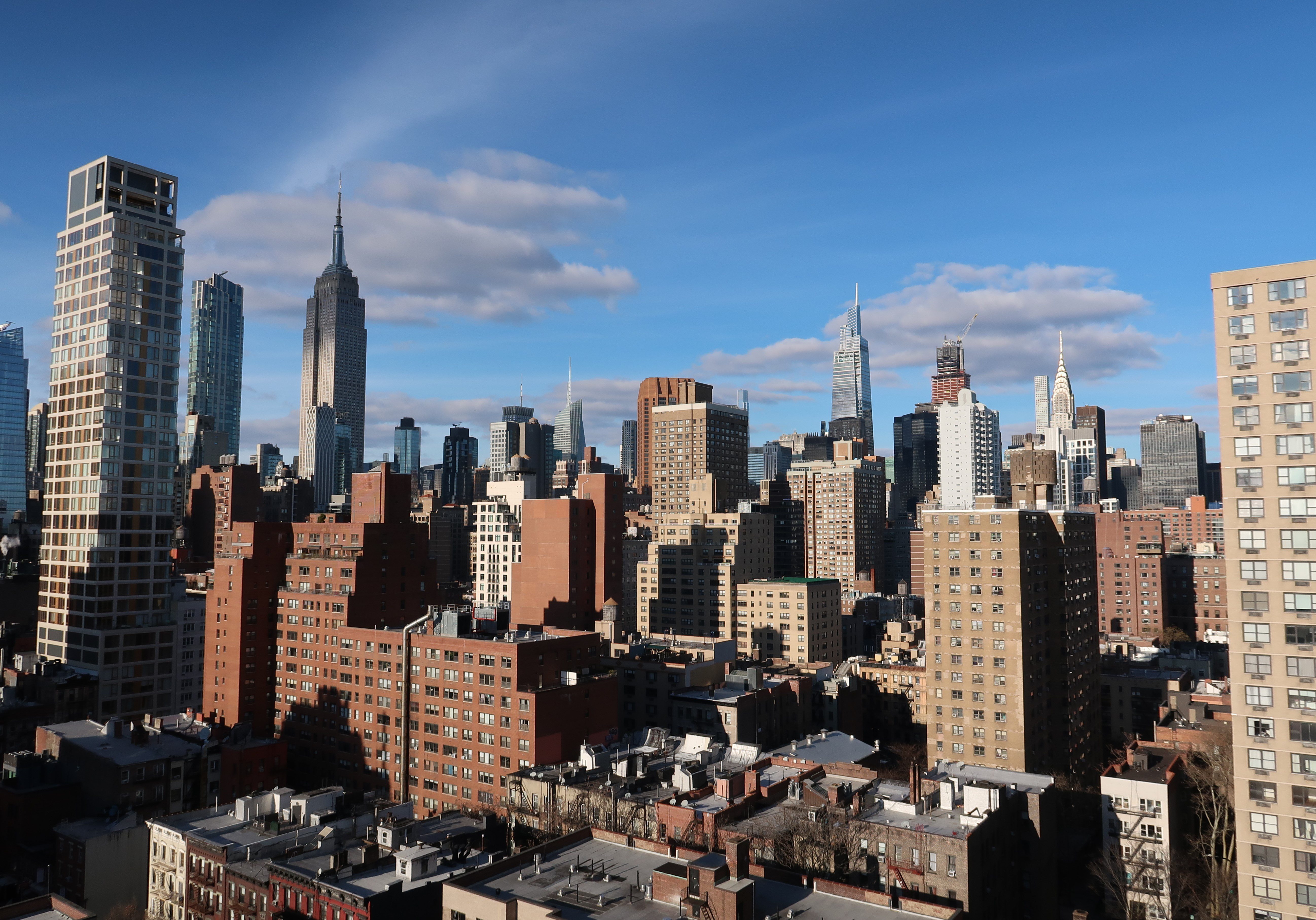As of August 15, 2018, New York City’s Department of Sanitation (DSNY) has mandated for larger commercial businesses to separate their organic waste—defined as food scraps and trimmings, food-soiled paper, and certified compostable products. This ruling has been guided by plans to discontinue landfill use by 2030. The serious nature of this measure is evident in that the Department of Health and Mental Hygiene and the Department of Consumer Affairs, along with DSNY have been granted the power for enforcement. While all commercial businesses are required to separate their recyclables from their trash, fines for improper sorting are $25. Comparatively, by February 15, 2019, penalties for failing to separate organic waste can reach as high as $1,000 per violation.
BACKGROUND
Central to New York City reaching an 80 percent reduction in greenhouse gas emissions by 2050 is cutting back landfill use as refuse decomposition in landfills is a significant generator of greenhouse gases and other hazardous air pollutants. By 2030, the city is targeting eliminating landfill contributions to zero and recent legislative efforts are reflecting this shift. As of August 15, 2018, large restaurants and food retailers must separate organic waste (qualified as food scraps and trimmings, food-soiled paper, and certified compostable products) from recyclables.
By law, all commercial businesses are already required to separate recyclables from their trash (16 RCNY §1-08(a)). The new rules add another layer of regulation applicable if any three criteria are met:
- Restaurants with floor areas of at least 15,000 square feet
- Retail food stores with at least 25,000 square feet.
- Restaurant chains with 100 or more locations in the five boroughs must comply if they operate under common ownership, are individual franchisees of a parent business, or if business is done under the same corporate name.
On February 15, 2019 enforcement by the Department of Sanitation will begin. Currently, fines for improper sorting are set at $25, but DSNY with the Department of Health and Mental Hygiene, and the Department of Consumer Affairs can dole out penalties up to a $1,000 for violations of the new law (NYC AC §16-324 (e)).
According to DSNY, commercial activity annually produces around 650,000 tons of compostable food waste, where a majority is squandered in landfills. DSNY’s press release for the new law expects 50,000 or more tons every year to be seized for the creation of compost and gas energy through a process called “anaerobic digestion.” In a statement to Waste Dive, DSNY projects close to 1,800 businesses will need to be compliant by the enforcement deadline. Mandated by similar legislation in 2016, the affected businesses add another round to the 275-350 or so targeted for being the largest engines of waste such as stadiums and hotels.
CHALLENGES
A 2012 report pegged the number of commercial businesses serviced by private trash haulers or carters to be about 138,000. From data retrieved from the New York State Department of Agriculture, the number of retail food stores in the five boroughs is 14,233. Further sorting by the square footage criteria yielded only 182 retail food stores to be eligible, with the majority clustered in Brooklyn and Queens. Under initial drafts for the law, the criteria were broader as restaurants floor area was eyed at 7,000 square feet, food retailers at 10,000 square feet, and chains were put at 50 locations.
Under the proposed benchmarks, another 696 food retailers would have been captured—representing almost five times more businesses under one of the three criteria alone. How many more restaurants and restaurant chains cast under the law could not be determined. However, as an illustration, the largest Chick-fil-A in the world at five floors in the Financial District is nearly 12,000 square feet and not impacted by the new law.
DSNY has cited it is necessary to incrementally transition the number of businesses as the processing capacity to handle heightened volumes of waste are not currently feasible. In a testimony to the City Council, DSNY Commissioner Kathryn Garcia cited this as a contributing factor to temporarily halt the residential organic waste collection program. As it stands, the city owns two processing sites, one on Rikers Island and on Fresh Kills. Governor Cuomo attempted to pass legislation for mandatory separation for commercial organics, which would have further assessed issues with processing capacity, but it was unable to be passed in the latest budget.
Despite these setbacks, New Yorkers remains optimistic about working together to reach the City’s goal of sending zero waste to landfills by 2030. If you have questions about complying with DSNY’s new commercial food waste law, please contact Milrose Consultants and we will be happy to assess your situation and help you avoid penalty violations.



-3.png)


